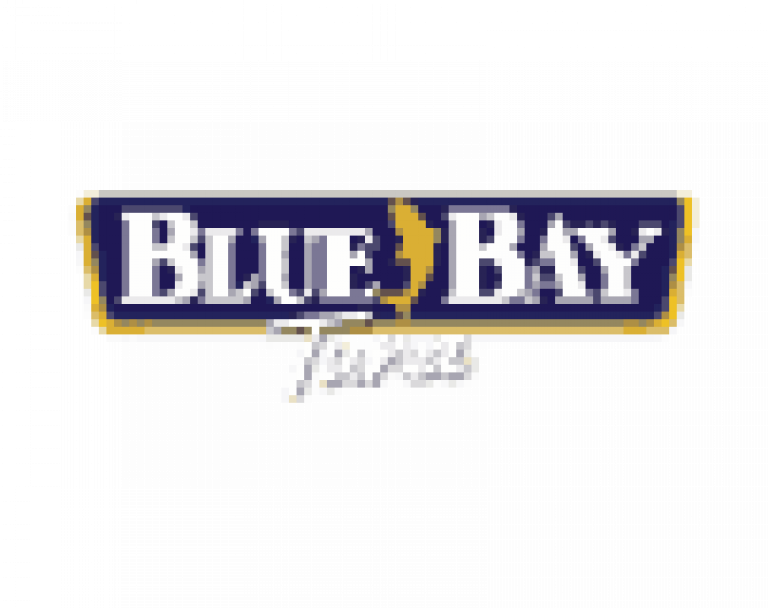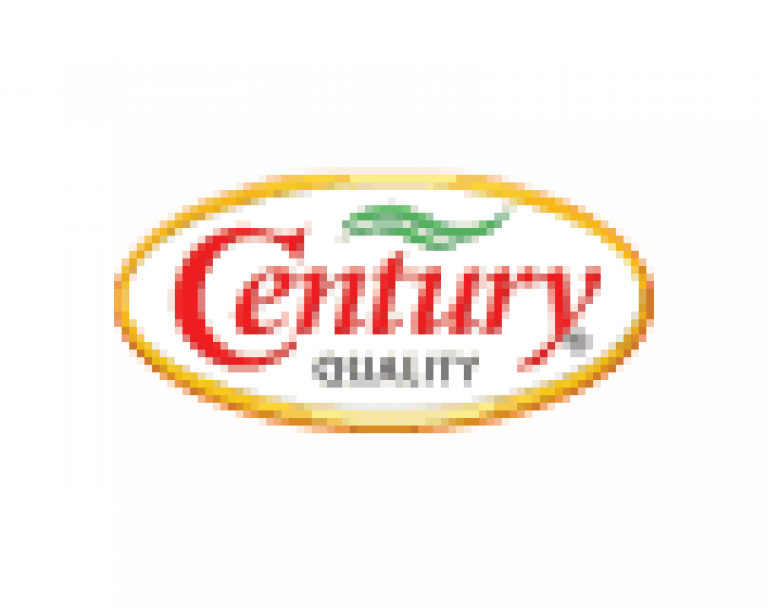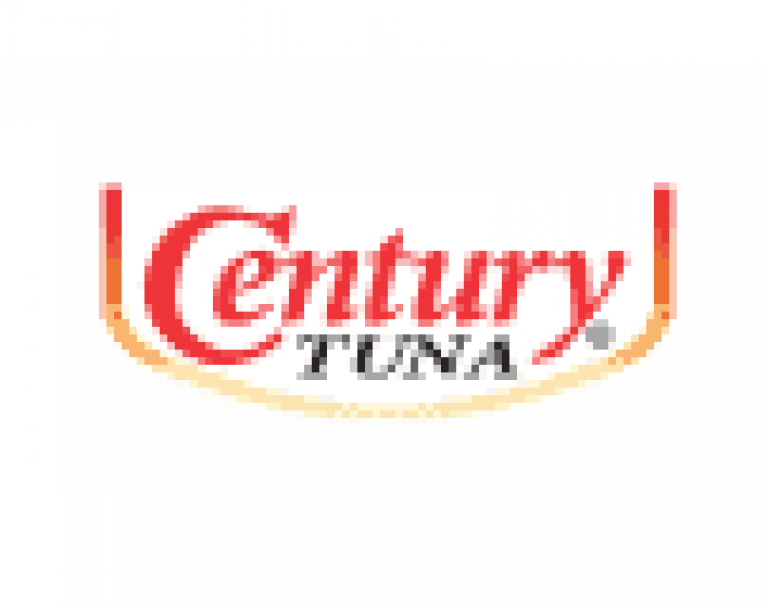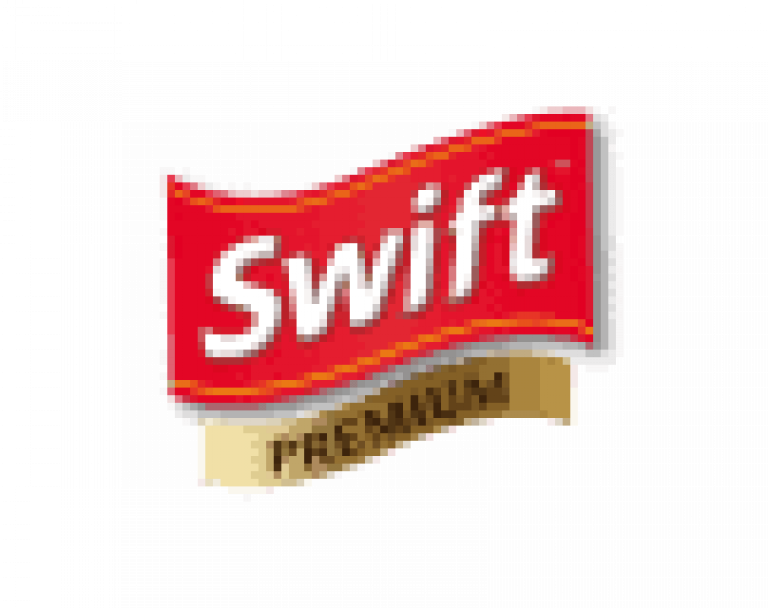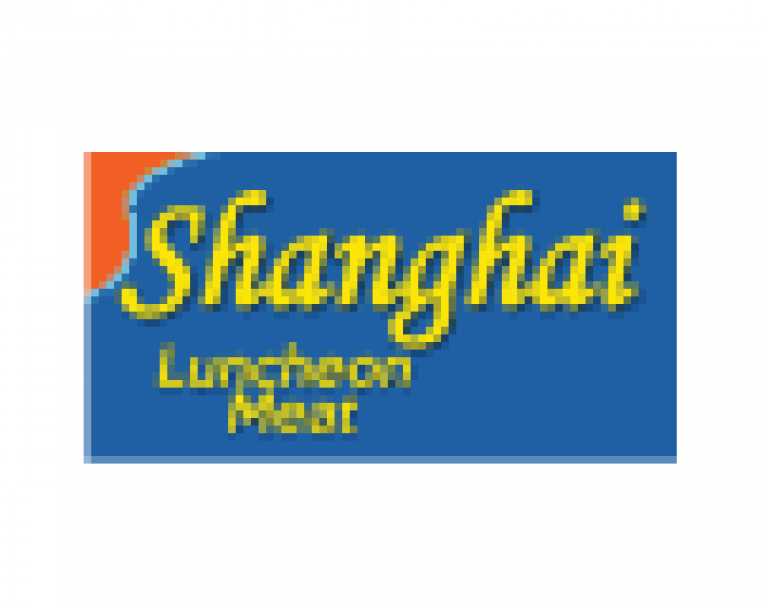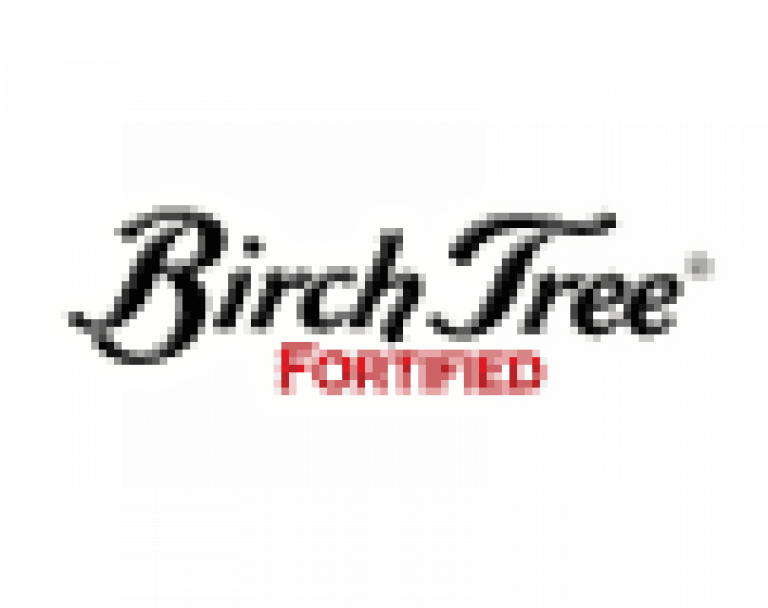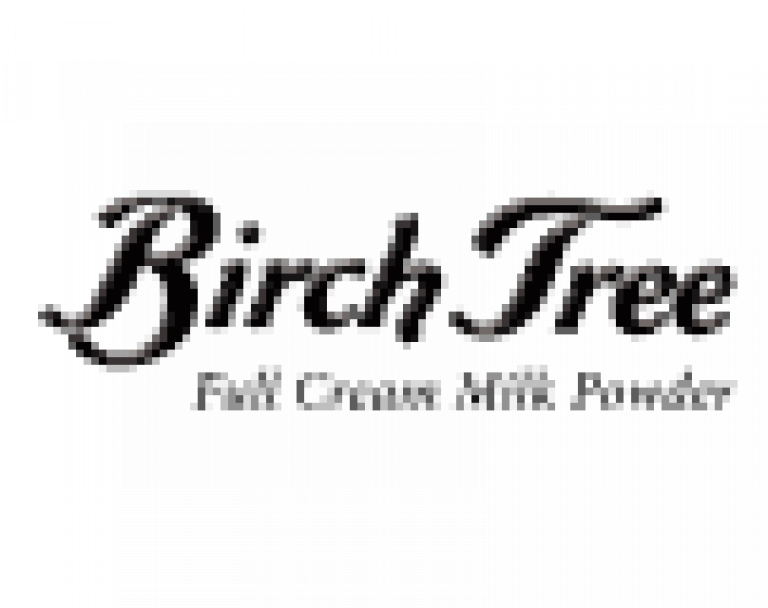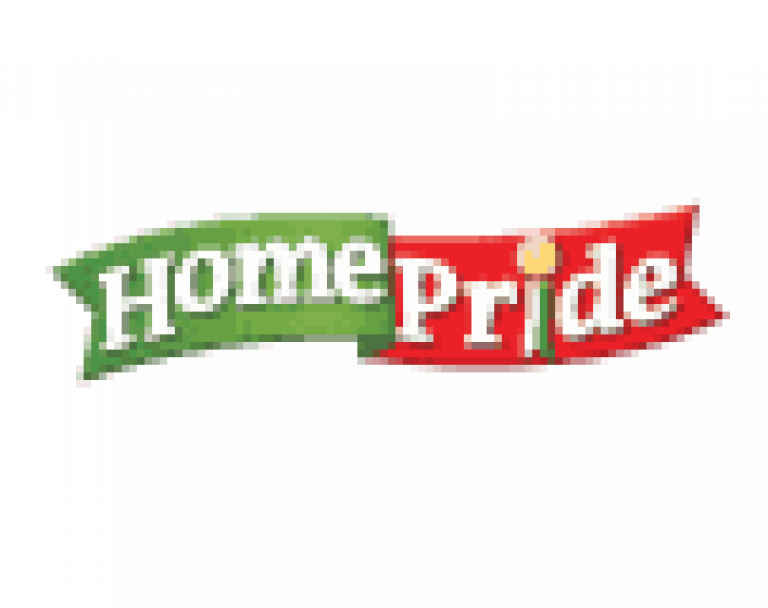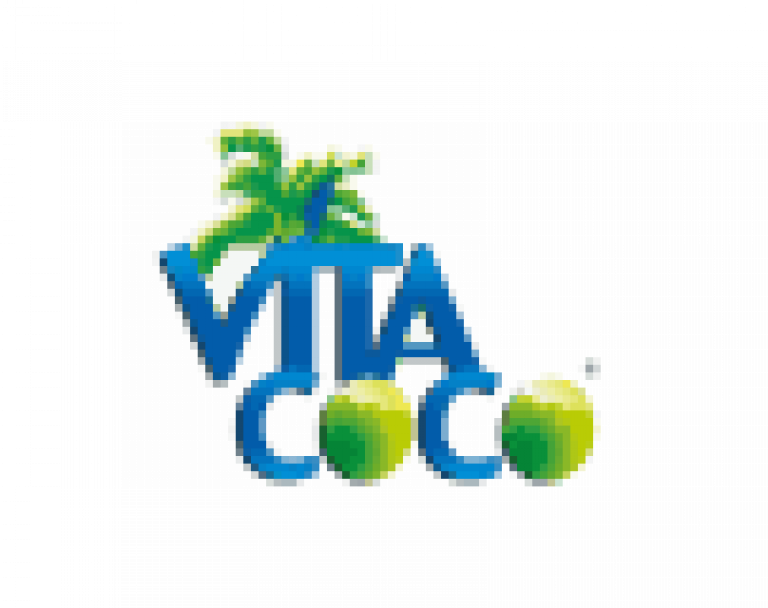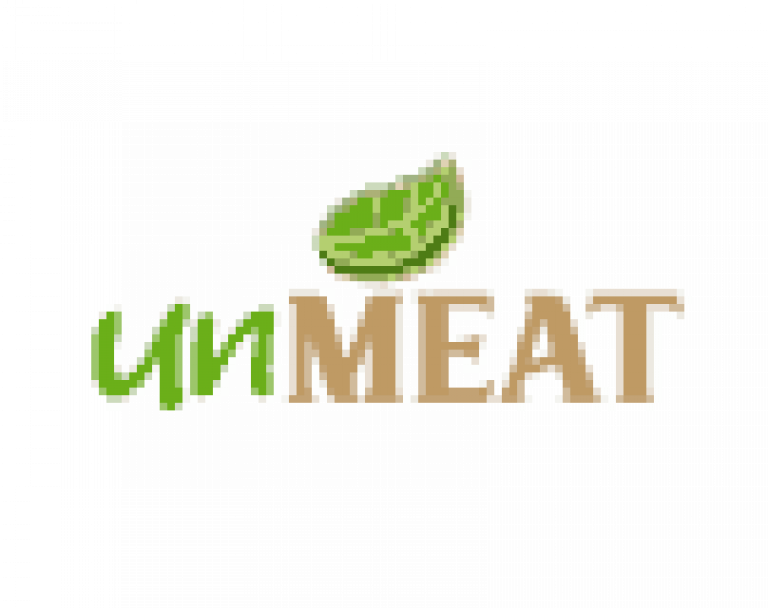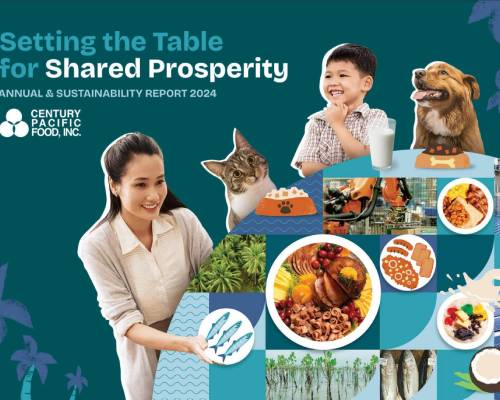Board of Directors and Board committees
Senior Management
Rights and Equitable Treatment of Shareholders
Role of Stakeholders
Disclosure and Transparency
Responsibilities of the Board
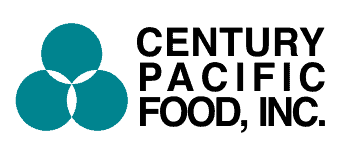
Disclosure and Transparency
Disclosure and transparency are essential for building trust with stakeholders and ensuring compliance with regulatory standards. As consumers become increasingly conscious of health, safety, and sustainability, companies must openly share information about their sourcing practices, production processes, and ingredient transparency. This commitment not only enhances consumer confidence but also fosters stronger relationships with suppliers, employees, and the community.
To reinforce current businesses and brands, companies should focus on delivering quality and value-for-money products that generate attractive returns through responsible sourcing and operational excellence. Strengthening the organization by attracting, nurturing, and retaining passionate, high-performing teams who lead balanced lives is equally vital. Additionally, pioneering the development of healthier and tastier food and beverages—rooted in credible nutrition science and effective branding—will resonate with consumers. Finally, scaling up the business globally requires creating meaningful consumer and customer connections and experiences, ensuring profitability and sustainability throughout the value chain. By prioritizing clear communication and accountability, food manufacturing companies can navigate challenges effectively while promoting ethical practices and fostering a culture of trust and integrity.
Governance Documents
Filter by Year:
Filter by Type:
August 7, 2025
[Amended] Promotion of Vice President for Corporate Research and Development
How We Engage
| Channels of Engagement | Concerns | How We Address Them |
|---|---|---|
| Consumers | ||
|
|
|
| Customers & Retailers | ||
|
|
|
| Suppliers | ||
|
|
|
| Employees | ||
|
|
|
| Investors & Shareholders | ||
|
|
|
| Government | ||
|
|
|
| Communities (Beneficiaries of CSR Programs & Residents of communities where we operate) | ||
|
|
|
| Communities (Surrounding Plant Operations) | ||
|
|
|


